
Monitoring report of gender responsive budgets for the topic “Gender-ICT”
The major goal of the study is to evaluate how public policies, budgets and strategies of higher education institutions in the Republic of Moldova through the formation of digital competence contribute to the increase of women’s participation in the labor market.
Digital technologies have already radically transformed the communications, media, commerce, leisure sectors, and the education sector, especially higher education, is next on the list.
For countries to effectively use ICT to promote women’s empowerment, governments need to be well informed about how the ICT ecosystem works in practice, barriers to access and how challenges can be overcome. At the same time, the major changes produced in the economic structure, the integration and use of ICT in all functional areas have transformed the demand on the labor market and the requirements of employers regarding the professional and digital skills needed in different jobs. Thus, the study underlines the challenges and directions of action necessary in correlating the demand for digital professional skills of employers on the labor market and the offer of qualifications and digital skills for women in the higher education of the Republic of Moldova.
Angela David, Nina Lozinschi, Valentina Bodrug,-Lungu. Monitoring report of Gender Responsive Budgets for the topic “Gender-ICT”. Gender-Centru, 2022.
MOST READ
RELATED
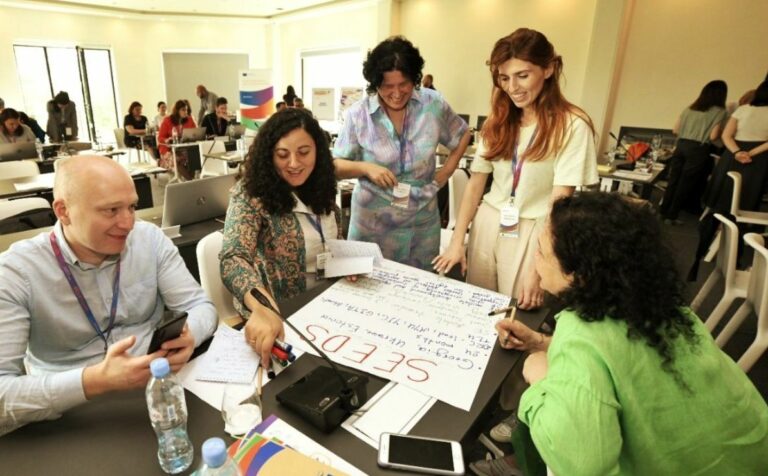
EU4Youth Newsletter: Welcome to the EU4Youth Stakeholder Hub!
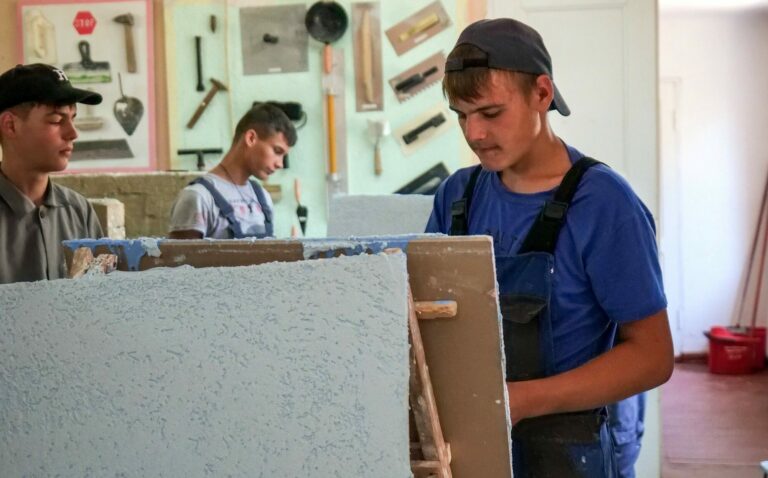
EU4Youth develops Youth Wiki reports on Youth Employment and Employability
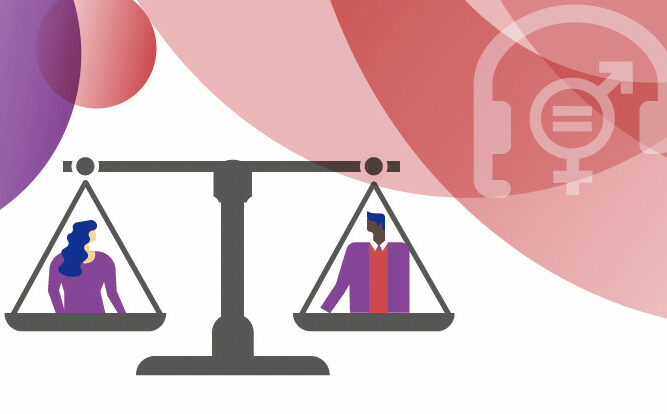
EU4Gender Equality Reform Helpdesk’s support (2021-2024) for Moldova
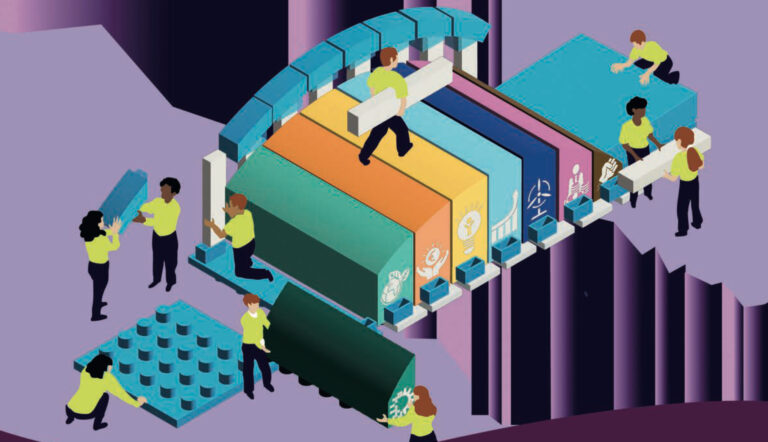
SME Policy Index: Eastern Partner Countries 2024 – Building Resilience in Challenging Times
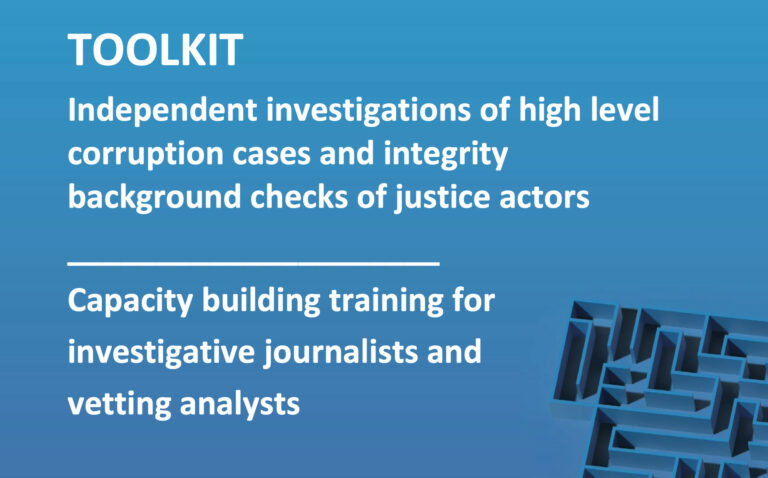
TOOLKIT. Independent investigations of high level corruption cases and integrity background checks of justice actors
More campaign pages:
Interested in the latest news and opportunities?
This website is managed by the EU-funded Regional Communication Programme for the Eastern Neighbourhood ('EU NEIGHBOURS east’), which complements and supports the communication of the Delegations of the European Union in the Eastern partner countries, and works under the guidance of the European Commission’s Directorate-General for Neighbourhood Policy and Enlargement Negotiations, and the European External Action Service. EU NEIGHBOURS east is implemented by a GOPA PACE-led consortium. It is part of the larger Neighbourhood Communication Programme (2020-2024) for the EU's Eastern and Southern Neighbourhood, which also includes 'EU NEIGHBOURS south’ project that runs the EU Neighbours portal.

The information on this site is subject to a Disclaimer and Protection of personal data. © European Union,







